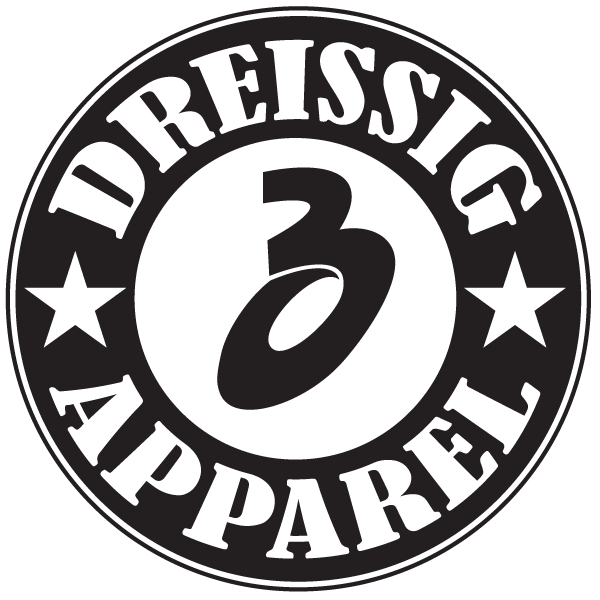NCAA Passes Interim Name, Image, and Likeness (NIL) Policy
This past Wednesday evening, June 30, the NCAA (National Collegiate Athletic Association) approved interim Name, Image, and Likeness (NIL) policy allowing college athletes to earn money through their NIL. The debate has been going on for quite some time, on whether or not College Athletes should be able to make money off of their NIL, and accept outside endorsements, similar to what is done in professional sports. As of July 1, 2021, many states including Alabama, Florida, Georgia, Kentucky, Mississippi, New Mexico, and Texas, have passed laws stating that college athletes are allowed to accept endorsements. Many other states passed laws earlier that will go into effect later over the next year. The NCAA passed their temporary policy the night before these laws went into effect stating that college athletes wouldn’t be violating any NCAA rules. For New York State specifically, legislation has been proposed this year; however, no laws have been passed.
For a little background information…
Over the past few years there has been a growing debate on whether or not the NCAA was violating antitrust laws by preventing college athletes from receiving compensation for their labor as a college athlete. In September of 2019, California passed legislation stating that schools could not punish athletes from accepting endorsement money while playing for a college. Shortly after the NCAA set a time to make decisions on their current rules regarding their NIL policy. In June of 2020, when Florida passed a state law scheduled to be effective July 1, 2021, the timeline for national laws to be passed decreased, putting pressure on the NCAA to make a decision. In September of 2020, Reps. Anthony Gonzalez, R-Ohio, and Emanuel Cleaver, D-Mo., introduced a federal bill that would allow college athletes to accept NIL deals with restrictions so that the recruiting process would not be harmed. In December of 2020, Sen. Roger Wicker, R-Miss, introduced federal legislation that would allow NIL deals, while also creating an antitrust exemption to protect the NCAA. Shortly after in the same month, the Supreme Court listened to the NCAA’s appeal of a federal judge’s ruling in Alston v. NCAA antitrust lawsuit. This lawsuit would ultimately determine how much leverage the NCAA has on defining amateurism in the future of college sports, and NIL policies. On June 21, 2021, the Supreme Court ruled 9-0 in Alston v. National Collegiate Athletic Association stating that NCAA college members violated antitrust laws.
What does this mean for college athletes in states that have not passed laws?
As of right now this is unsure. Under the NCAA, college athletes are allowed to accept endorsements. If at some point a law is passed in their state stating that this no longer allowed, then those college athletes will potentially have to end their endorsements. Athletes in New York State are already accepting endorsements, even though the legislation has yet to go through the state government.
What are some of the concerns of the NCAA?
Currently, each state has different guidelines for their NIL policy, which may affect the recruiting process. Furthermore, each school has guidelines stated in their student handbook for students to follow regarding endorsements. This creates multiple complications for college athletes to be aware of. Lastly, the NCAA wants students to focus on their education, and not simply playing sports. With these new laws, students are more likely to pick a college for sports purposes only, and where the NIL laws are less restrictive. Ultimately, will this lead to college athletes being paid to play similar to professional sports?
What happens next?
As of right now the NCAA is looking to Congress to help them create a federal NIL law, making it the same from state to state in regard to NIL policies. States right now are competing against one another to pass laws that will one-up each other for recruiting purposes. College students are starting the process of The NCAA is unsure as to where it will all go next.
**Please keep in mind that Maria is not an expert, and this information is based on research. Please take this information with a grain of salt and at your own discretion.**
-By Maria Fontaine, Dreissig Apparel Inc. Fashion Design and Merchandising Intern
Sources:
